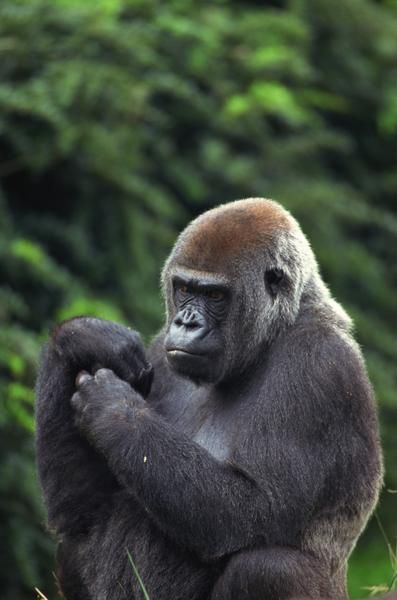Dear Integral Meditators,
How long does it take you to bounce back from psychological challenges? Are there unconventional methods that can help? The article below explores this theme, as well as the wisdom of Tom and Jerry!
Some of the themes from the article I will also be exploring on this Wednesday July 22nd 7.30-9pm a the Integral Meditation Session @ Basic Essence – “Meditation for connecting to a positive attitude” so do come down if your in Singapore!
In the spirit of deep cartoons,
Toby
Upcoming Courses at Integral Meditation next week!
Saturday 1st August, 9.30am-12.30pm – Finding Simplicity in the Complexity: An Introduction to Meditation From the Perspective of Zen – In a sentence: De-clutter your mind, develop concentration and create focused calm in your life by learning Zen meditation
Saturday 1st August, 2.30-5.30pm – Meditations for Developing the Language of Your Shadow Self – A Three Hour Workshop – Get in touch with a deeper level of psychological harmony and wellbeing within yourself. Learn how to access new levels of energy and confidence. Discover and heal hidden aspects of your psyche that are currently sabotaging your happiness in daily life and transforming them into something useful and powerful within you…
 Tom and Jerry Mindfulness (Cartoon Character Positive Attitude)
Tom and Jerry Mindfulness (Cartoon Character Positive Attitude)
Your psychic or psychological body is plastic
When your physical body is injured or becomes ill it takes time to recover, for example once you have broken a leg it is inevitable that you are going to have to spend time allowing it to recover and heal.
On a psychological level our subtle body or thought body is more flexible, malleable or ‘plastic’. When you take an emotional ‘hit’ to your psychic body the time it takes to recover is not fixed. We see this for example when two people facing the same circumstances, for example being sacked from their job or being rejected by someone they are attracted to, take different times to recover from such a blow. One person may go into a deep depression; the other may bounce back very quickly. The latter person almost seems like Tom in the Tom and Jerry cartoons when he is squashed flat by an enormous hammer (or equivalent) and then after a few moments bounces right back into his original shape, and resumes chasing the mouse!
The reason why the psychological recovery time of some people is so fast is because, actually if we know how to, we can heal our psychological body very quickly; it is made of energy, not flesh and bone, so it can change shape rapidly, sometimes instantaneously.
If we understand this, then we should at the very least be interested in how we can mindfully accelerate our own psychological healing and ability to become a bit more ‘Tom and Jerry –like’ in our approach to psychological healing.
‘Popping’ your subtle body back into shape – an example
At various periods in my life I have felt under quite a lot of financial stress, from back in my penniless Buddhist monk days to my current circumstances as an entrepreneur. I remember one time when I was feeling kind of miserable and stressed about this. You could say that my psychological body was in the ‘flattened Tom’ stage cartoon wise. Then I saw a rather grizzled looking man walk by smiling in a polo t-shirt that had a picture of a mop and a message on the back that said “Will work for food”. Seeing this man at the time when I was in the circumstances I was in was incredibly amusing to me and I started laughing. I then lost my fear of ending up broke and at the bottom of society wealth wise; the energy and shape returned almost instantaneously to my psychological body – like the cartoon cat ‘popping’ back into shape and resuming the chase of the mouse. The man in the t-shirt became my go-to response to this particular challenge and my way of ‘bouncing back’ whenever I felt down.
Some of the basic facets of Tom and Jerry Mindfulness:
- Genuine acceptance of the reality of the challenging circumstances and the emotions that you are experiencing – You can’t pop-back psychologically from a place of denial! (See the Shadow Workshop on the 1st August!)
- Engaging in the discipline of relaxation, new perspectives, humour and lightness
- Acknowledging the realization that swift, even instantaneous recovery is sometimes possible
- A story or image to hold in your mind that contains the essential ‘pop-back’ energy. For me in the story above this was the man in the t-short with the message.
- The confidence and courage to step into your recovery space without hesitation (‘This can’t be real can it??’)
I’m not saying here that you should expect to heal all psychological wounds quickly, I’m just pointing out that our psychological body is plastic and malleable, and we can learn to help it to pop-back into shape faster if we know how.
© Toby Ouvry 2015, you are welcome to use or share this article, but please cite Toby as the source and include reference to his website www.tobyouvry.com
Integral Meditation Asia
Life-Coaching * Meditation Technology










